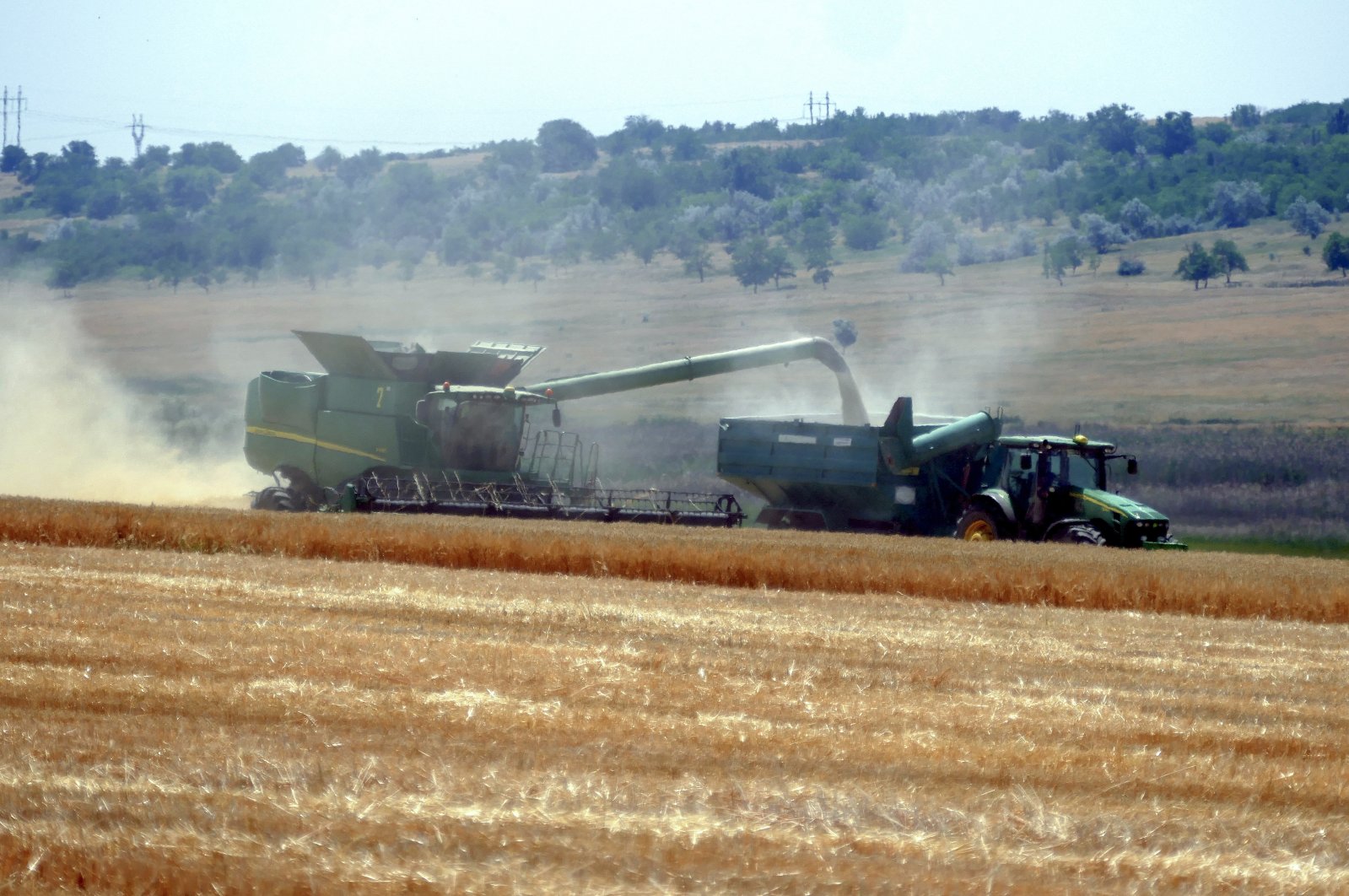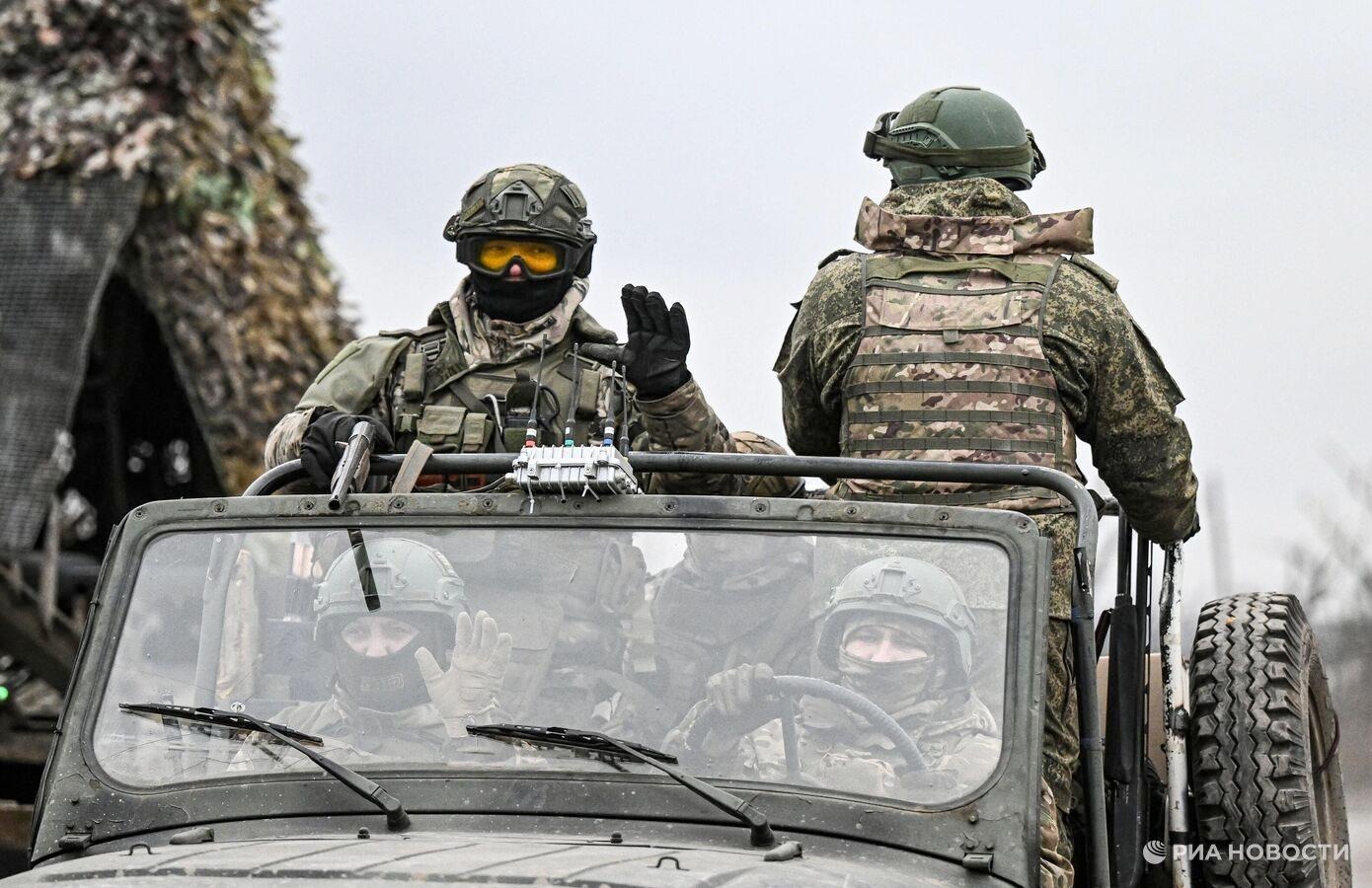
Russia Pulls Out of Ukraine Grain Deal
Russia Pulls Out of Ukraine Grain Deal
On July 18, Kremlin spokesman Dmitry Peskov announced that “attempts to continue the grain deal without the participation of the Russian Federation must take into account the risks associated with the fact that the grain export route passes near the combat area” (Un.org, July 22, 2022; T.me/rian_ru, July 18). This comes after Peskov declared on July 17 that the grain deal has indeed been terminated. Nevertheless, he posited that, as soon as the Russian part of the agreement is fulfilled, “the Russian side will promptly return to implementation of this deal” (TASS, July 17). And even with Russian strikes on Ukraine’s Port of Odesa, seemingly in retaliation for the attack on the Kerch Strait bridge (Meduza, July 18), all this hints at an opening for further negotiations.
Russia and Ukraine are both large exporters of grain, and the Black Sea serves as a vital transportation route for their shipments, accounting for roughly 30 percent of global wheat exports and 20 percent of global corn exports (Consilium.europa.eu, July 18). And just as the deal itself is not only about grain, having wider political and economic implications, so is its renewal.
Turkey plays a key role in mediating the deal as the controller of the Bosporus and Dardanelles straits and the initiator of talks between the parties in April 2022. Ankara has maintained close contact with Kyiv and Moscow while working on growing its own regional influence, including by negotiating with the United States and others on Sweden’s North Atlantic Treaty Organization (NATO) bid (Daily Sabah, July 10). These two matters seem unrelated; however, they may in fact be interdependent. In Moscow, Peskov said that Russia intends to continue working with Turkey on those matters in which they share common interests while understanding Ankara’s NATO commitments (Interfax, July 11). On July 17, the Russian spokesman also mentioned that the Kremlin’s “diplomatic relations with the US and the UK are unlikely to be severed,” as continued dialogue is necessary.
Even so, Western media remains doubtful about renewed negotiations over the matter, and the countries of the Black Sea region are preparing for the worst. After all, the grain deal could be terminated if it were only about Russian interests in keeping its grain and ammonia exports out. Moscow has less interest in keeping the Black Sea route open, as it has access to an alternative route through the International North-South Transport Corridor, which was recently inaugurated (Portnews.ru, May 4).
If Russia does not return to the deal, most cargoes from Ukraine to North Africa would travel through Constanta, Romania, then be transferred and shipped abroad. This will likely result in increased congestion at the Romanian port, which, when combined with high insurance costs, will almost certainly result in an increase in global food prices over the long term.
According to a tweet from the Azeri Times (Twitter.com/AzeriTimes, July 9), Turkey appears to have stated that its navy is capable of securing the Odesa-Bosporus route for Ukrainian grain exports, even without a deal in place. Yet, it is unclear how Turkey could do so without an informal Russian agreement, with Kremlin officials recently reminding all sides that any maritime traffic along this route would run close to the warzone (TASS, July 18). Such a situation would increase commercial risk, and insurance costs would grow further, potentially pushing Kyiv to opt for sending freight by road and rail.
Furthermore, if Moscow allows Ankara to take the initiative in safeguarding the grain corridor, Russia will appear weak, being challenged by a rising regional force. In such a scenario, the Kremlin would likely seek to demonstrate that the absence of an agreement jeopardizes Black Sea security, potentially through a direct strike. Nevertheless, given the Kremlin’s current internal political and economic challenges, the Russian authorities will presumably do almost anything to avoid such a scenario.
Even if limited accurate data is available on the state of the Russian economy, the weakening ruble has become a problem for the Kremlin. Federal budget revenues dropped considerably for the first half of 2023, amounting to 12.38 trillion rubles ($135.19 billion), which is 11.7-percent lower than in the same period last year. At the same time, oil and gas revenues have dropped by 47 percent in annual terms, amounting to only 3.38 trillion rubles ($36.91 billion) (Vedomosti, July 7). Increased news coverage detailing socioeconomic concerns among the Central Asian countries due to the weakening ruble is likely significant, and worrisome, for Moscow (Asiaplustj.info, July 10). Russia needs to hold its allies close and maintain stable relations to fight the West’s economic war—and losing face in its perceived neighborhood undermines its position in Central Asia and elsewhere.
It is therefore noteworthy that one—and perhaps the most important—of Russia’s conditions for continuing the grain deal is the reconnection of state-owned agricultural bank Rosselkhozbank to the international SWIFT banking system, which had been disconnected due to Western sanctions (Gazeta.ru, July 9). To keep the ruble afloat, Moscow must maintain better control over the flow of dollars and euros. With Western private banks still operating in Russia (most notably, Austrian Raiffeisen and Hungarian OTP), and foreign currency still flowing in, these entities are not controlled by the Russian government on payment terms; they are there to make a profit, which means they will keep the flow of foreign currency coming in and use it according to their own goals.
Aside from the need for Moscow to deal with its weakening ruble, the fact that the Kremlin is seeking to reconnect one of its state banks to SWIFT points to a looming political challenge that the Kremlin seems set to face. Russia has spent the last year developing an alternative trading system that avoids SWIFT; instead of dealing in Western currencies, it has depended on the Chinese yuan (Cbr.ru, June 2023). However, this is one factor, albeit not an important one at the moment given most reports, affecting the yuan’s deflation, which could become a serious problem for Beijing. Yet, due to insufficient data, it is unclear, at this juncture, how important dealing with a weakening ruble is for Moscow and how problematic Russia’s reliance on its currency is for Beijing.
Overall, it appears that the Kremlin must focus more on controlling the ruble’s depreciation, in addition to grappling with its domestic political challenges. Moscow’s willingness to keep dialogue open with the US, UK and others signals that internal issues are growing more serious. Both the US and the European Union would be concerned about the possible destabilization of Central Asia, at a time when China is making more inroads in the region. This demonstrates how the grain deal involves a sophisticated global balancing act. On a regional scale, the negotiations hint to Ankara’s expanding prominence, as it carefully negotiates its position between Washington (and the collective West) and Moscow. After all, Turkey is the only regional power indirectly saying it could take the risk of securing the passage of grain from Odesa to the Bosporus—a scenario the Kremlin takes seriously. And all this balancing is poised to continue regardless of what ultimately happens with the grain deal.


